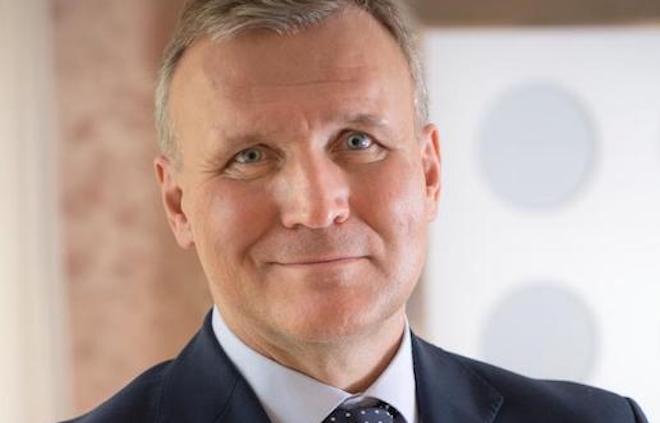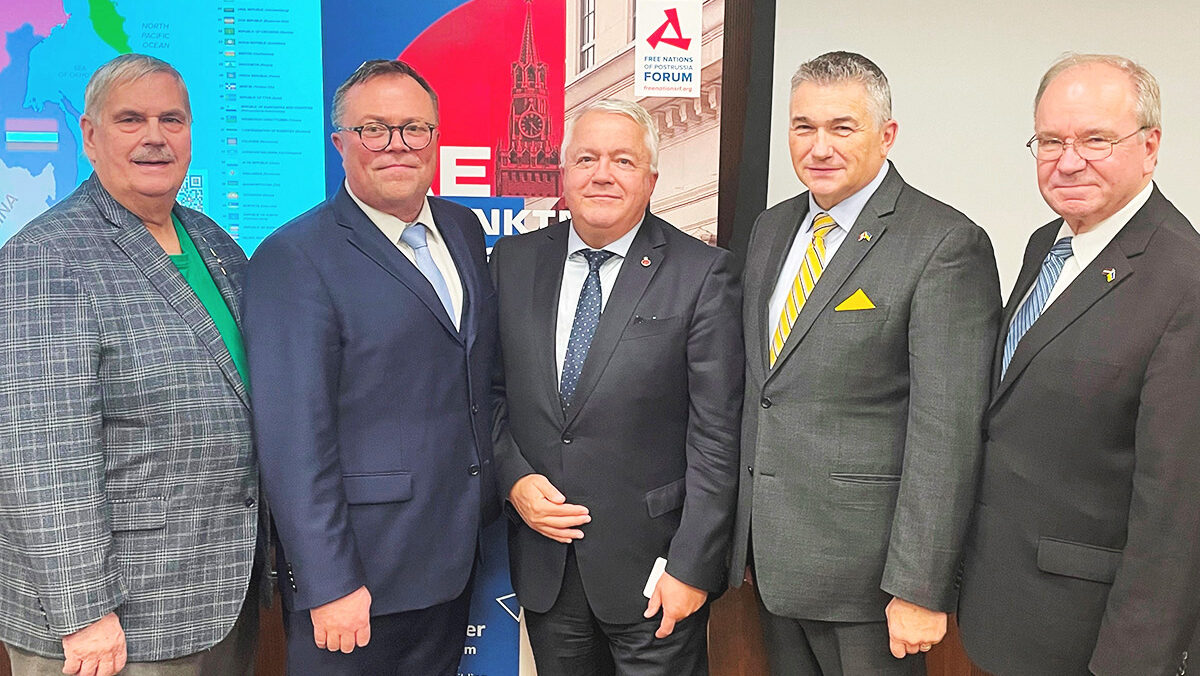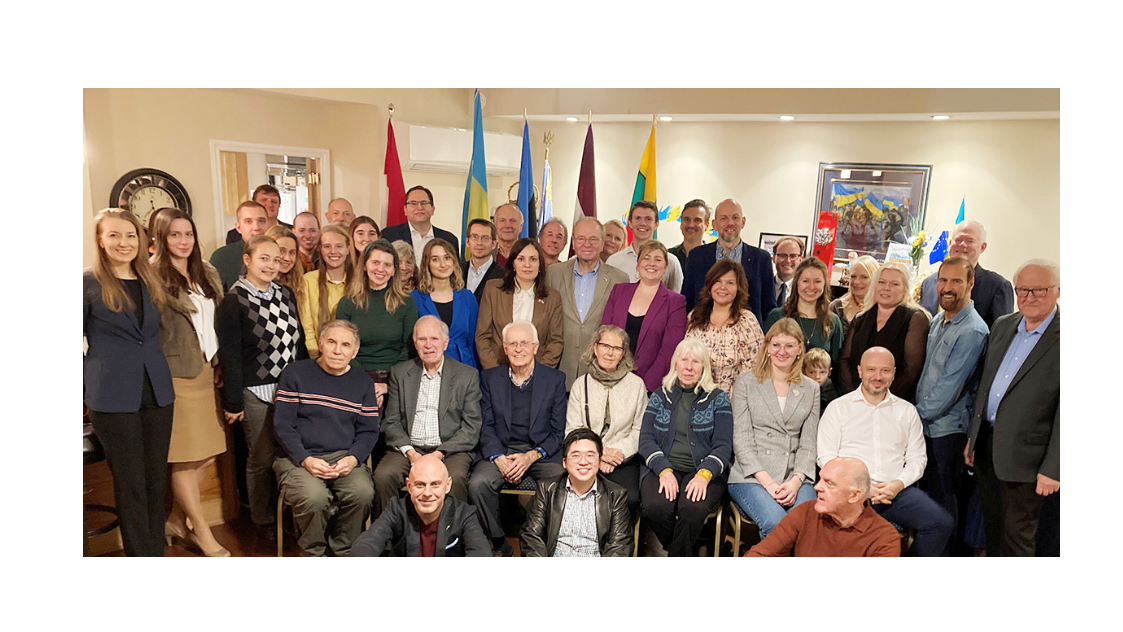The Nordic countries are at the forefront of media freedom. Canada and Estonia hold the 14th and 15th positions and are countries where the media environment is considered satisfactory by RSF. By comparison, regional neighbors to the east – Russia and Belarus – fall into the category of difficult countries ranking 150 and 158 correspondingly. Belarus, according to RSF, is the most dangerous country for media personnel in Europe.
Russian Nobel Prize-winning journalist Dmitry Muratov’s remark that “Journalism in Russia is going through a dark valley” help explain the country’s ranking in the list and speaks to Russia as a place where journalists, media outlets, human rights defenders and NGOs are commonly delegitimized and branded as foreign agents. This defamatory label allows the authorities to shape public discourse and sanction persons and institutions it considers dangerous under the guise of illegally criticizing the government, disseminating fake news or conducting unlawful political activities. Most recently this was the case with the International Memorial association, an institution studying the darkest chapters of Russia’s history, including the Bolshevik Terror and Stalin’s repressions.
Political scientists say that during transitions in international relations, emerging challengers use strategic misinformation to establish and maintain their influence and shape the system. They create false narratives and use different tactics like subversion, propaganda, and disinformation. Russia is such a challenger today.
President Putin’s speech at the Munich Security Conference in 2007 is widely regarded as a turning point in the relations between Russia and the West. Over the last 15 years, the world has seen Russia’s expansionist nature as its military forces occupied parts of Georgia in 2008 and annexed Crimea and invaded Eastern Ukraine in 2014. Today, the eight-year long conflict in Ukraine is at the heart of escalated Russia-West relations.
Throughout the conflict, the Kremlin and the Russian military have recognized the effectiveness of nonmilitary means of achieving political and strategic goals. The Kremlin’s campaign aims to portray Ukraine as an enemy to its Russian audiences, to divide and destabilize Ukrainian society, and to legitimize Russia’s foreign policy internationally.
The Kremlin’s propaganda toolbox also includes such classic tactics as labeling those who do not agree with its policies Russophobes. The most insulting term in Russian society, however, is calling someone “fascist”, done repeatedly with the Ukrainian leadership.
Oleksandr Tkachenko, Ukraine's information minister, has said that Kremlin disinformation aims to “legitimize what they are doing physically”. Meanwhile, the EUvsDesinfo lab concluded last year that “there seems to be no end to pro-Kremlin disinformation”.
Russia spreads the news that it is West and not Moscow hiding its preparatory military provocation and, hence, deliberately manipulating with aggressor-victim narrative. Advocating to Russia’s right to deploy its troops in its territory, as it deems necessary is not consoling given the Russia’s previous military adventurism in Georgia and Ukraine.
Ukraine has asked for diplomatic, economic and defense-related support. Allies have responded calling on Russia to deescalate and sending clear signals what happens if sovereignty of Ukraine is breached again. Estonia offers defensive weaponry, a field hospital and expertise. Canada extends its training mission, supplies non-lethal defensive equipment and shares intelligence information. These are important steps raising the price of aggression for Russia.
Russians appear to be increasingly disillusioned with power. A January 2022 study by the Levada Center argues that in the absence of national success in the socio-economic sphere the regime is tempted by foreign policy adventures, while Russian civil society appears tired of confrontation with the outside world. The settlement of differences with the United States and Europe seems to be a more desirable scenario. Most of the respondents expect both the political life and the economy in Russia to deteriorate in the coming months.
Another Levada Center survey, conducted in November 2021, exposed that only 16% of Russians believe that the current ruling elite are leading the country in the right way. The share of respondents who view the U.S. positively exceeded the share of those who view it negatively (45% vs 42%) and a growing number of Russians have a positive attitude toward the European Union (48% vs 38%). This suggests that the Kremlin’s attempts to build its political identity based on an anti-Western ideology has little traction among Russian people.
What the Kremlin thinks or intends to do next is difficult to predict. Two considerations are worth keeping in mind when trying to read Putin’s acts. First, the saying “once KGB, always KGB,” is a reminder of the mindset that Putin inherits as a former Soviet KGB officer. Secondly, his conviction that the collapse of the Soviet Union is the greatest geopolitical disaster of the 20th century signals humiliation and ambition, and concerns about his political legacy.
The sense of humiliation, ambition and legacy held by the Kremlin, combined with an unfree, state-controlled media, makes for a dangerous Molotov cocktail. For the Russian leadership, which is increasingly out of touch with Russian society, it may lead to a state of political delirium, with irreversible geopolitical consequences.
According to Dimitry Muratov, journalism is the “antidote to tyranny”. The deepening democratic crisis in Russia today demands that media freedom reaches the patient without delay.
Toomas Lukk, Estonian Ambassador



